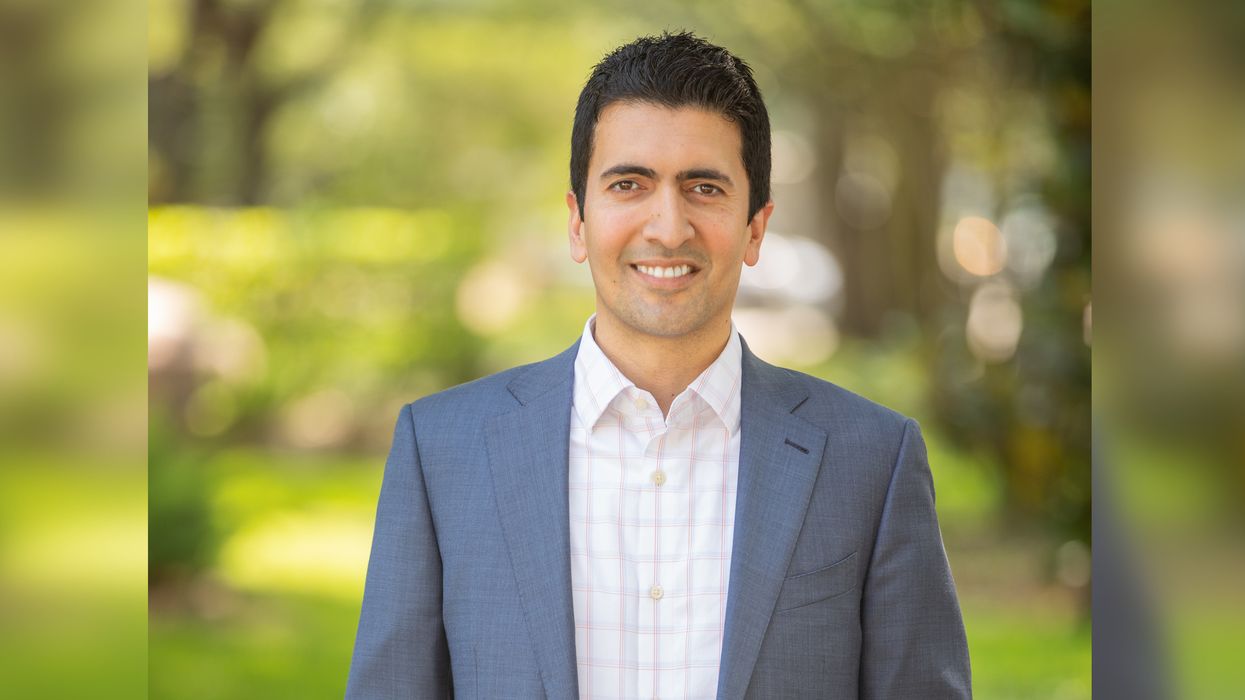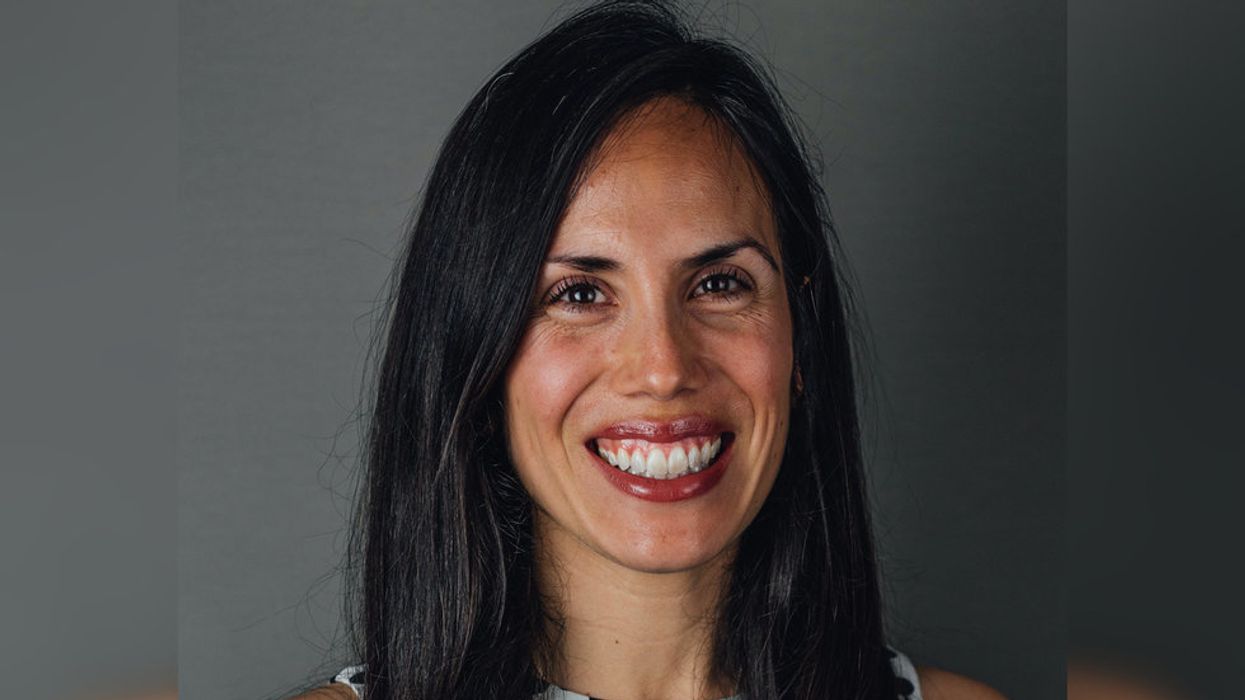University of Houston joins Microsoft-backed initiative for digital tech workforce development
teamwork
The University of Houston College of Technology has been selected for a new initiative to bring digital and technical skills to students and the workforce.
Microsoft's Accelerate program is a part of the tech giant's Global Skills Initiative, a multimillion-dollar investment seeking to increase digital skills to equip 25 million people worldwide by the end of 2020, according to the website.
"The University of Houston is proud to be part of an effort to prepare strong professionals and leaders in Texas who think innovatively and are equipped with next-generation skills to be successful," says Paula Myrick Short, senior vice president for academic affairs and provost at UH, in a press release. "The College of Technology is well-positioned to strengthen this workforce pipeline and create a stronger Texas."
Along with Microsoft, UH is also working with the Texas Education Agency to develop courses that will teach a variety of tech skills, including STEM engagement for students in K-12, professional development, workforce development for high school and college students, and even parents and professionals seeking opportunities to enhance business and technical skills, according to the release.
"The College of Technology is working with Microsoft to provide Texas communities with resources to create meaningfully unique opportunities," says Dean Anthony Ambler in the release. "From high schools to professionals across the state, our programs transcend the classroom to support workforce creation and upskilling. These activities champion Texas communities with a focus on digital equity among underserved areas that solve problems and improve lives."
The college joins other Texas partners, including STEMuli, The Ion, NASA, the Dallas Independent School District, Bell, Big Thought, Stedman Graham and Associates, Tribute to Valor, National Math and Science Initiative, Dallas Regional Chamber, and the Irving Chamber of Commerce.
"Texans are some of the brightest, most productive people in the world. It is exciting to work to establish a statewide innovation ecosystem to support a sustainable culture of opportunity," says David Crawley, professor of practice with the College of Technology, in the release.





 Apple doubles down on Houston with new production facility, training centerPhoto courtesy Apple.
Apple doubles down on Houston with new production facility, training centerPhoto courtesy Apple.





